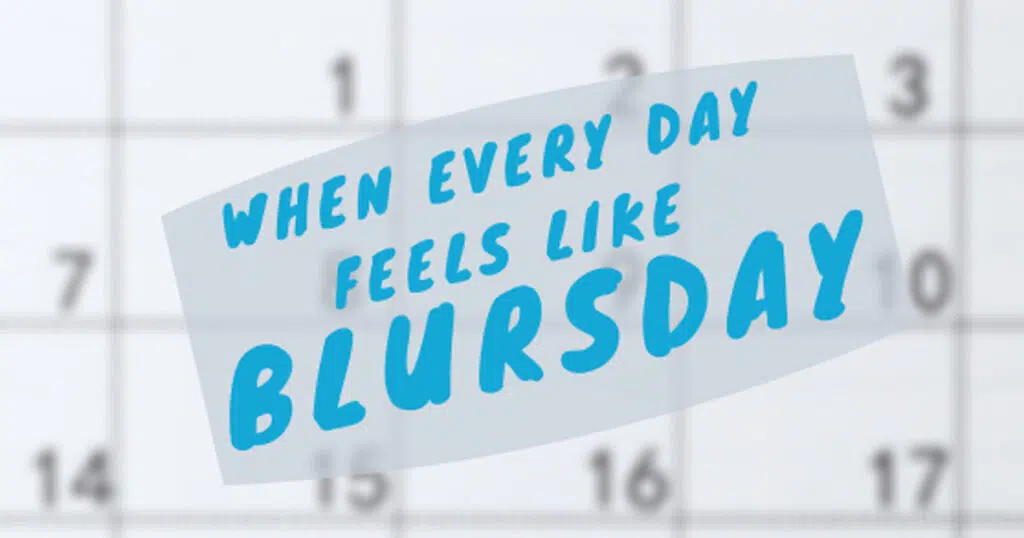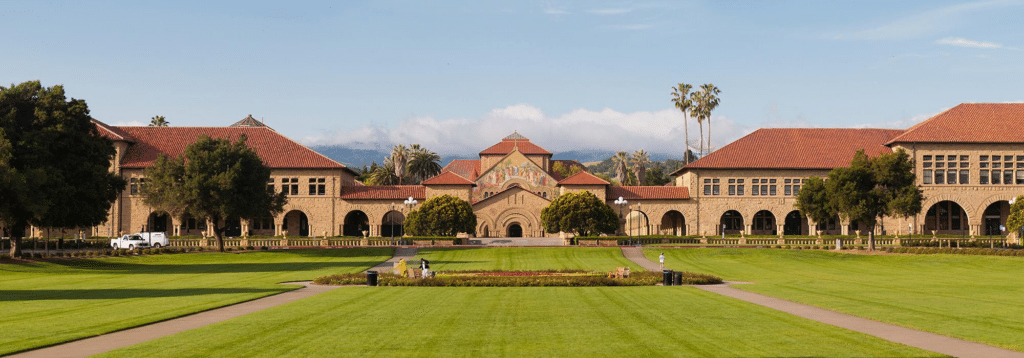
Blursday, Or, What COVID Lockdowns Have Done To Our Perception Of Time
Blursday.
Back in November 2020, a little less than a year after the Covid-19 global pandemic was declared, lexicographers at Oxford Languages, the maker of the Oxford English Dictionary, issued a list of six “Words of the Year,” which they said captured the essence of the previous 12 months. One of the selected words was “Blursday,” a humorously accurate description of how people’s sense of time had disintegrated, or blurred, as the public lock-downs restricted what, if anything, they were able to do outside of their homes. Days, then weeks and then years melted together.
Around the same period, Simon Grondin, a psychologist at Laval University in Quebec City, and his fellow researchers hatched a theory seeking to explain the phenomenon of dissociated time so many felt. In the October 2020 Frontiers in Psychology journal, Grondin and his colleagues published findings that our sense of time is typically punctuated by events, such as dinner dates or daily commutes, which give people temporal landmarks. So, when those landmarks aren’t there, the separation of days vanishes and time itself loses definition.
Since the initial shutdowns, researchers have been exploring people’s changing relationship with the clock. Their findings have confirmed the pandemic left many people worldwide with a distorted perception of time.
Two surveys of more than 5,600 people in the U.S., taken during the first six months of the pandemic, suggested about two-thirds of respondents reported feeling strangely out of sync with the present, which felt overwhelming, and future, which seemed uncertain, according to a study published in the journal Psychological Trauma: Theory, Research, Practice and Policy.
Said health psychologist Alison Holman of the University of California, Irvine, “All of a sudden everything went on stop.… We could not be the people we were used to being in the world anymore.” She added that for some, distortions in time may feel like a strange, somewhat unsettling phenomenon, but one that can be resolved. But, for others, she warned, the trauma of the past few years mixed with their disoriented sense of time could lead to lingering mental health problems.
Female study participants participants ages 18 to 29 were found to be at higher risk of developing mental health problems, based on reports of greater feelings of time distortion and previous life experiences, including preexisting mental health issues and high levels of lifetime stress or trauma.
Other research during the pandemic indicates those experiencing time as moving more slowly seem to struggle with greater mental distress than those who experience time as moving faster. Respondents who said time felt like it was going very slowly also reported higher levels of loneliness, researchers confirmed in a paper published in the journal Nature Human Behaviour.
With similar work, experimental psychologist Ruth Ogden of Liverpool John Moores University in England and colleagues have explored how people may remember the pandemic and what implications that could have on recovery.
Ogden and her team asked approximately 800 respondents in the United Kingdom to look back on the start of the pandemic one year after it started.
Only 9 percent of those interviewed said the previous 12 months had felt like a full year. As 34 percent of respondents said that time felt shorter, most respondents, 57 percent, said the preceding 12 months felt longer than a year, the researchers wrote in the journal PLOS One.
Remembering “a longer pandemic may feel more recent and thus more present,” the team wrote.
Of course, unlike more finite traumas like wildfires or mass shootings, the pandemic is not yet considered over in the minds of many, who aren’t necessarily stuck in the past find themselves in a somewhat a transitional phase.
Holman hopes measuring how much people felt and still feel like time is falling apart during the pandemic might provide insights about who might need recovery assistance.
Helping people rebuild a clearer vision for the future is extremely important for well-being, Holman said, because people need to “have some sense of tomorrow.”



